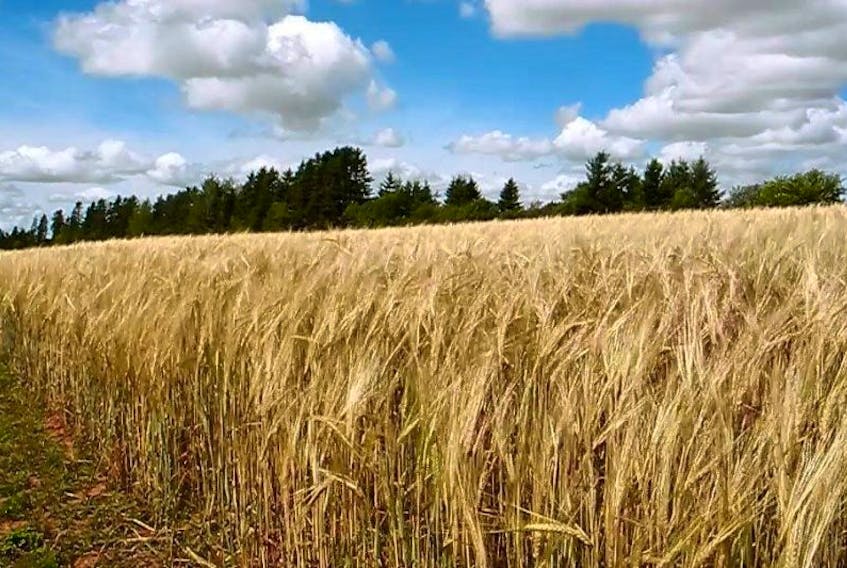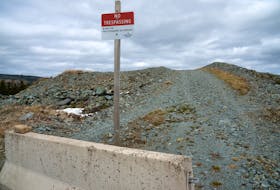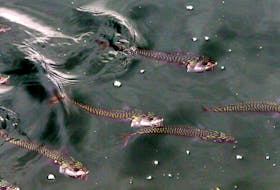Larch Grove Farm in Cormack started planting 10 acres of Cerveza malting barley on Friday morning.
A press release from the Department of Fisheries and Land Resources says the project will help determine the potential for the crop.
If the quality is suitable, the grain will be shipped to the Newfoundland Distillery Co. in Clarke’s Beach to be malted. Once the malting process is complete, the distillery will send the grain back to the farm to be used as needed.
If the grain cannot be used in the malting process, it will be kept by the farmer and used in regular feed rations.
Fisheries and Land Resources Minister Steve Crocker was among those who gathered at Larch Grove Farm to watch the planting process.
While attending an event in Corner Brook on Thursday night he told The Western Star that what’s happening is an interesting twist in the growing craft brewing and distilling industry in the province, with products not only being produced here, but with grains that are grown here.
Newfoundland Distillery Company will use the barley to make vodka, gin and aquavit. In an email to The Western Star, Peter Wilkins of the Newfoundland Distillery said the company also has plans to make rum and whisky using grain grown in the province.
Crocker said what’s happening in Cormack is similar to what was done last year in Pasadena with canola.
“We proved last year that we could do canola, so let’s move on and see what else we can do.”
And canola wasn’t the first crop that resulted in success as Crocker pointed to cattle corn and how there are now dairy farmers in the province that are self-sufficient in cattle corn.
Crocker said the advances being made are indicative of the importance Premier Dwight Ball and the government has placed on the agriculture industry.
Proving that crops not normally grown here can work provides Crocker with a sense of satisfaction.
He said it adds to food self-sufficiency.
“If we can do this here we’re going to become more effective and more efficient.”
He noted that the centre for agriculture activity will be in the central-west region.
“The reality is that’s where we have the potential to do it,” said Crocker.
Crocker said he’s not sure what will come next, but he’s sure there’s a plan.
[email protected]
Twitter: WS_DianeCrocker
Article has been updated to clarify the products that will be made









